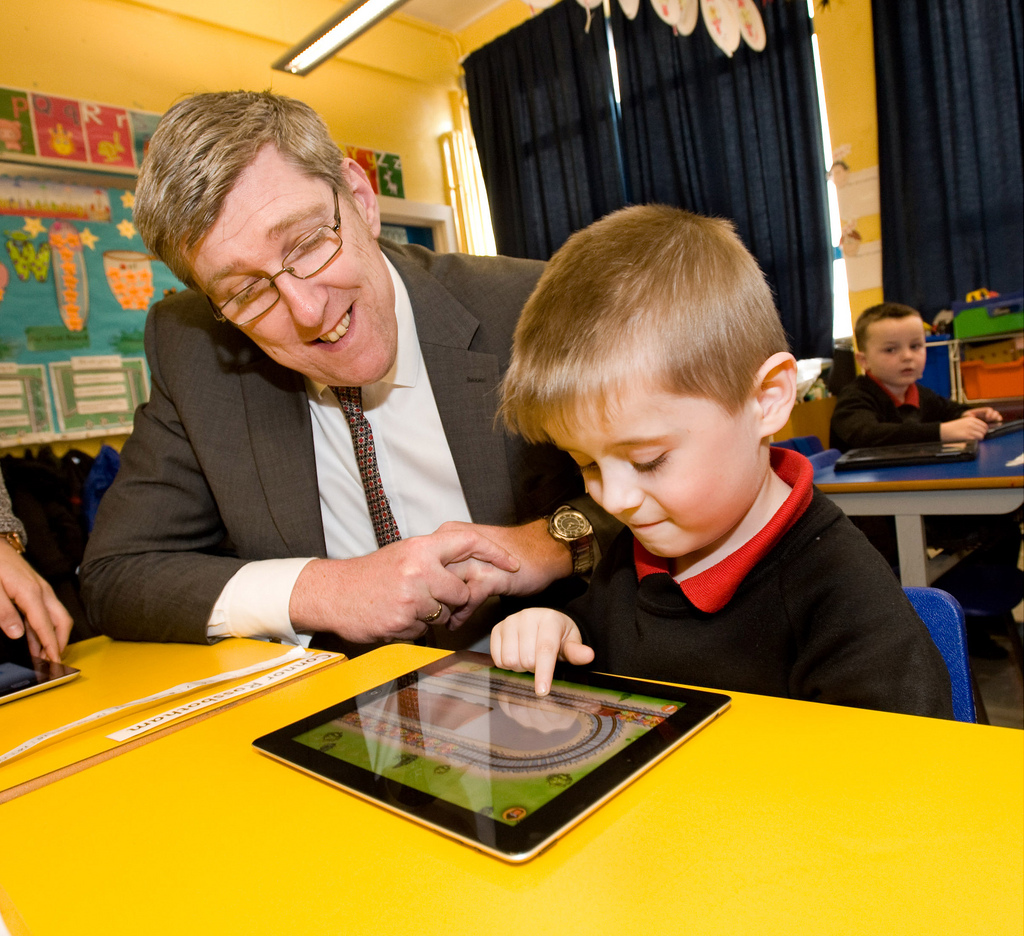Monash University researchers have developed tablet technology to assist children with development disabilities. The technology aims to help children stay focused, in a bid to facilitate learning and inclusion within the school environment. There are few interventions available that aim to improve core attention skills in these children with current measures tending to focus on the use of standardised tests for assessing strengths and weaknesses.
The new gaming technology has been tested in a pilot study to determine whether using the game for 20 minutes, five days a week over five weeks leads to improved attention and focus. The study involved a randomised trial of 77 with developmental disabilities. The intervention group using the tablet technology showed improvement in core cognitive attention skills (selective and sustained attention). These were maintained for up to three months after the training ceased with longer term testing yet to be conducted. Numeracy abilities also showed improvement.
Lead researcher, Professor Kim Cornish, from the Monash School of Psychological Sciences, said traditional methods, such as IQ tests, did not accurately capture the range of cognitive and behavioural problems associated with these disabilities. Also, these testing methods did not isolate which areas needed improvement, or which interventions have made the improvement. “While there are hundreds of apps available that claim to improve attention, intelligence and brain power, none have been assessed clinically, so ascertaining the true impact that these interventions may have on childhood cognition is impossible,” Professor Cornish said.
The training program is the first to be scientifically tested using a randomised control trial which will enable researchers to determine the long-term efficacy of using interactive technologies to train core cognitive areas like attention. The technology is being by commercialised by a spinoff company, Tali Health, in an effort to raise funding needed to extend the length of the trials and offer it to more children. It was developed with DreamWorks contractor Torus Games and Australian technology commercialization firm, Grey Innovation.
It is estimated that around three per cent of Australian children have a development disability such as autism or Down syndrome. These reduce the ability to concentrate and stay focused on a task, switch attention between tasks, inhibit impulsive responding and mentally hold and use information. Disruption to these processes can lead to difficulties in learning and academic performance, as well as difficulties with developing social skills.

